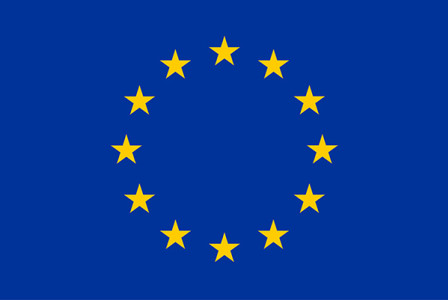Policy
22 July 2025
European Artificial Intelligence Act (AI Act)
Policy
22 July 2025
Retail
Login / create an account to be able to react
-
72

The world's first comprehensive regulation on artificial intelligence is designed to ensure that AI developed and used in the EU is trustworthy, with safeguards to protect people's fundamental rights. The rules aim to establish a harmonised internal market for AI in the EU, encouraging the uptake of this technology and creating a supportive environment for innovation and investment.
Editorial team
Topics
EU-27
EU Institutions
-
Ecosystem
-
-
Retail
-
Share
Proposed by the Commission in 2021 and adopted by co-legislators in 2023, the AI Act entered into force on 1 August 2024. The regulation aims to position Europe as a global leader in trustworthy AI with the adoption of a proportionate, risk-based approach to ensure safety and respect for fundamental rights and foster trust in AI technologies. It provides developers and deployers with clear requirements and obligations regarding specific uses of AI while reducing administrative and financial burdens for businesses.
The regulation classifies AI systems into four risk levels: unacceptable, high, limited, and minimal. Unacceptable systems – such as those manipulating human behaviour or enabling government social scoring – are banned. High-risk systems, such as those used in critical infrastructure, education, or law enforcement, are subject to stringent obligations before market entry. Limited risk systems must fulfil transparency requirements, while minimal risk systems, such as spam filters, remain largely unregulated.
Governance includes national market surveillance authorities and a new European Artificial Intelligence Board. Voluntary codes of conduct and regulatory sandboxes are also encouraged to support responsible innovation.
Member States have until 2 August 2025 to designate national competent authorities who will oversee the application of the rules for AI systems and carry out market surveillance activities. The Commission's AI Office will be the key implementation body for the AI Act at EU-level, as well as the enforcer of the rules for general-purpose AI models.
Companies not complying with the rules will be fined. Fines could be up to 7 % of the global annual turnover for violations of banned AI applications, up to 3 % for violations of other obligations, and up to 1.5 % for supplying incorrect information.
Comments (0)
See also
The AI Continent Action Plan
- Categories
Commission proposes to cut red tape and simplify business environment
- Categories
High Level Conference – One year after the Draghi report
- Categories




